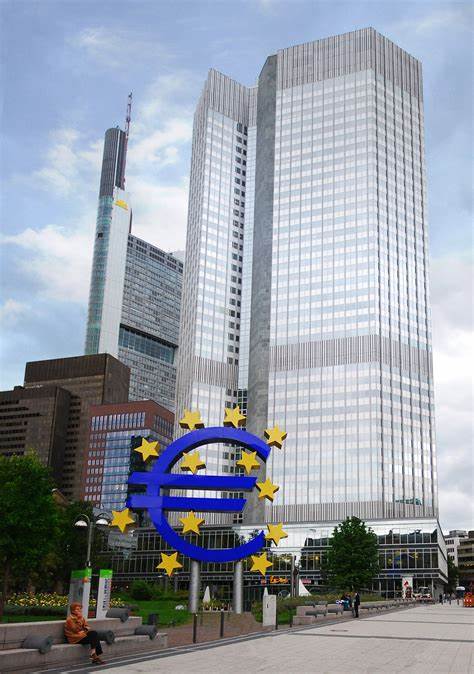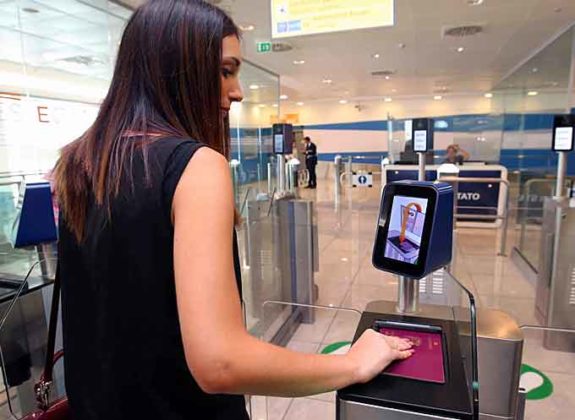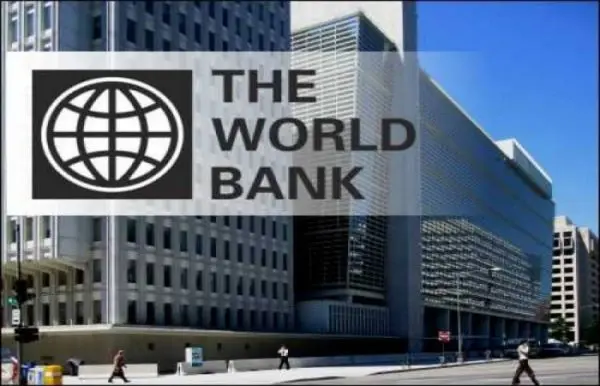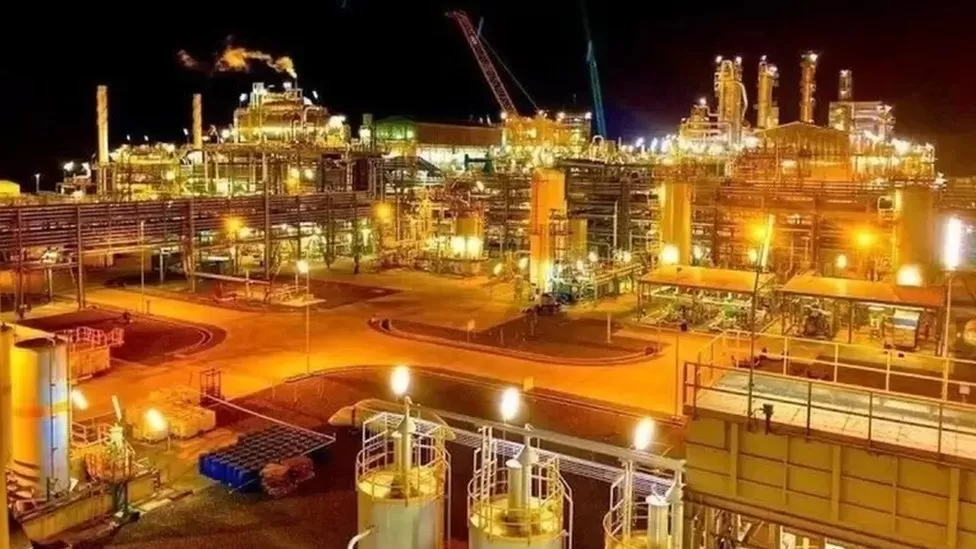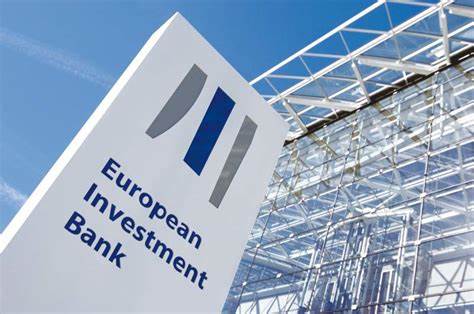African leaders defy lacklustre global economy to forge ahead with digital transformation collaborations at inaugural GITEX Africa Digital Summit.
Generative AI, finance, infrastructure development and investment among core theme explorations at Africa’s most impactful leadership conference programme
Access Multimedia Content
MARRAKECH, Morocco, May 19, 2023/ — African ministers, government and private sector leaders are set to converge in a powerful cross-continental forum in Marrakech this month to press on with digital transformation alliances as the tech world reorganises itself in the wake of the global digital upheaval.
Against the biggest market correction in recent years, Africa continues to march onwards to empower and unify a continent on the cusp of transformative ICT growth, with the GITEX Africa Digital Summit the new focal point steering a pursuit of a unified digital vision.
The influential summit will spearhead an inspiring conference programme at the inaugural GITEX Africa 2023 – the largest tech and start-up show in the African continent, taking place from 31 May-2 June – unifying 500-plus policy makers, government heads, investors and academics to explore how technology and connectivity are redrawing the boundaries of sustainable social-economic development for African government, business and society.
H.E. Lacina Koné, the Director General and CEO of Smart Africa – the pan-African organisation driving the continent’s digital transformation agenda – is a headline speaker. Koné said digital technologies offer new avenues for economic growth in Africa by accelerating job creation and talent development, supporting access to public services and increasing productivity and innovation. However, challenges remain.
“The lack of connectivity in remote and rural regions along with insufficient data protection and high cost of African connectivity have brought new challenges to businesses, governments, and people,” said Koné, who oversees the process of defining Africa’s digital agenda in addition to advancing key continental initiatives. “Intra-governmental cooperation is the key enabler of digital services adoption and acceleration, while mitigating these associated challenges across the African continent.”
Koné will be part of a panel at the GITEX Africa Digital Summit titled: ‘Uniting Towards One African Market’. He will share how Africa’s leaders are building a secure, resilient and sustainable digital future. “Agile enabling regulations are needed to quickly respond to market developments, facilitating entry of new competitors for the benefit of consumers in a united African continent,” he said.
The GITEX Africa Digital Summit will arrive amid a remarkable period of African ICT and broadband growth, with statistics showing the continent has the world’s fastest-growing internet population, up by 20 percent in just one year. Africa’s digital economy has become one of the main drivers of cross-continental progress, coupled with strong talent development and a spike in public private sector investments.
Jérôme Hénique, CEO for the Middle East & Africa at Orange, France; Tonny Bao, Vice President of Huawei, China; and Saad Toma, General Manager of IBM MENA, are among the foremost private sector leaders speaking about the critical pathways advancing the continent’s digital transformation missions, from building a more digital and inclusive Africa to exploring the social and economic impacts of 5G, or how AI can drive business transformation and sustainability.
Other headliners at Africa’s most impactful leadership conference programme include H.E. Syed Amin Ul Haque, Minister of Information Technology and Communications in Pakistan; and Babajide Sanwo-Olu the Governor of Lagos Nigeria, who will deliver a keynote address on what is accelerating Africa to become the next Silicon Valley.
The state of play in Africa’s digital economy will be another key discussion point, addressed by H.E. Belete Molla, the Minister of Innovation and Technology in Ethiopia; and H.E. Cina Lawson Minister of Digital Economy and Transformation in Togo.
“I am honoured to be part of the GITEX Africa hosted by Morocco,” said H.E. Molla. “It creates opportunities to governments, innovators and leading experts from around the world to discover new ideas, build new partnerships, and connect with inspiring mentors and investors. It would help Ethiopia to get connected to the global tech space and leading players.”
Accelerating the epic race for African AI dominance
The next wave of digital transformation accelerated by the power of generative AI along with AI’s impact on African societies will meanwhile stimulate curious discussions at a dedicated AI track on day three of GITEX Africa, where the brightest minds and most innovative thinkers share their insights on AI’s ability to revolutionise industries, from agriculture to finance.
Dr. Adel Alsharji, Chief Operating Officer at UAE-headquartered Presight, the Middle East’s leading international big data analytics company powered by AI, will deliver the keynote address on the Societal Impact of Artificial Intelligence.
“The societal impact of AI is multifaceted and far-reaching globally, and it is already reshaping sectors, such as healthcare, finance, agriculture, education, and manufacturing and therefore the way we live,” said Dr. Alsharji.
“The African continent is showing a speedy AI adoption rate and a readiness to explore and harness the potential of AI for driving economic growth and addressing local challenges, ultimately benefiting the greater good of people.
“As AI advances, we can anticipate further innovation and positive applications. It is crucial, however, to embrace AI responsibly, ensuring ethical considerations are in place as we navigate this transformative landscape.”
Mustapha Zaouini, the Chairman of AI in Africa, will speak on a panel on Responsible Generative AI. He said while Africa has unique challenges such as disparity in internet access, the continent is steadily embracing AI.
“Africa is exploring AI to solve pressing issues like poverty, unemployment, and inequality,” said Zaouini. “However, readiness varies across countries, and there’s a need to invest in infrastructure, education, and policy-making to fully harness this fast-evolving technology.
“Access to AI technologies can level the playing field so it is essential not to be left aside. Ensuring equitable access to technology and bridging the digital divide are crucial steps to prepare for AI’s impact in Africa.”
Digital cities evolution and plotting the path to a net zero future
With the global push towards a net zero economy, technology’s role in advancing sustainability is more important than ever.
A panel at GITEX Africa’s Digital Cities conference track will explore how technology can advance an African-centric Net Zero agenda, addressed by Dr. Shaoshan Liu, Founder and CEO of PerceptIn in the USA; Mohammed Essaidi, MEA Chairman of the Global Cities Alliance, IEEE in Morocco; Laurent Roussel, President of Francophone Africa & Islands at Schneider Electric; and Gilles Babinet, French Government Representative of Digital Champions Group (EU) in France.
Other preeminent speakers at GITEX Africa include Emmanuel Gadret, CEO of Francophone Africa at Deloitte, who will share his insights into charting Africa’s path to prosperity by unlocking economic and data sovereignty; and Dr. Ray Johnson, CEO of the Technology Innovation Institute in the UAE, who will dive into generative AI’s ubiquitous role in fuelling economic growth.
A historic launch in the world’s next biggest digital economy
The inaugural GITEX Africa will make its historic debut from 31 May-2 June 2023, welcoming more than 900 exhibitors, start-ups, and visiting delegations from 80 countries for three days of intensive outcome-focused public-private sector collaborations in the world’s next biggest digital economy.
More than 250 hosted investors from 34 countries with US$200 billion worth of assets under management will also seek breakthrough technologies and potential African tech scale-up co-investment opportunities. As the ultimate start-up incubator and magnet for flourishing VC funds, GITEX Africa will deliver an unmatched scouting platform for these investors, of which 70 percent are coming from outside of Africa.
GITEX Africa is held under the High Patronage of His Majesty King Mohammed VI, and hosted by the Digital Development Agency (ADD), the public entity leading the Moroccan government’s digital transformation agenda under the authority of the Moroccan Ministry of Digital Transition and Administration Reform.
KAOUN International will lead the partnership for this much awaited business endeavour, urging the global tech community to go to Africa, leveraging the power of the trusted GITEX Global brand in Dubai, the world’s largest tech event.
With tech-friendly policies in a continent that is now far more accessible, African investment is rocketing. Analysts predict the tech market is on track to scale from $115 billion to $712 billion by 2050, while according to Briter Bridges, African start-ups raised a total of US$5.4 billion across 900+ deals in 2022. Meanwhile, a youthful populace coupled with Africa’s rapid urbanisation is accelerating digital economic growth, with 70 percent of the Sub-Saharan African population under 30 years of age and 45 percent of Africans set to live in cities by 2025.
More information is available at www.GITEXAfrica.com



